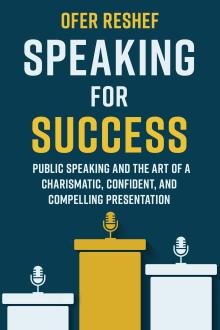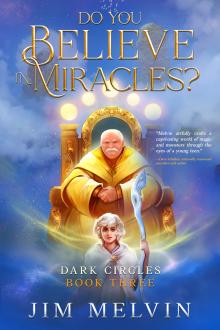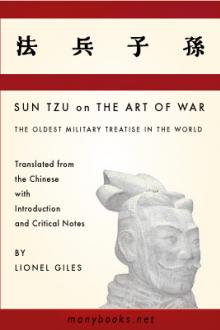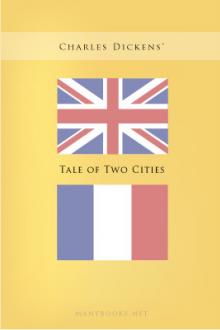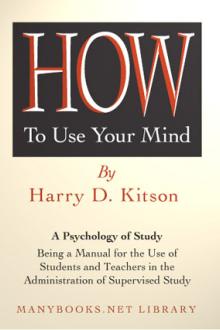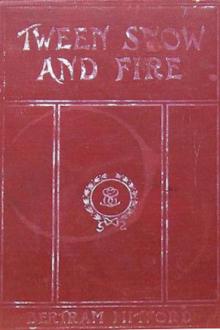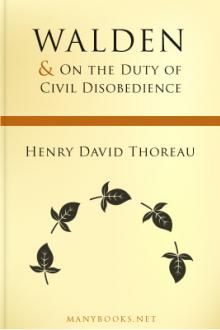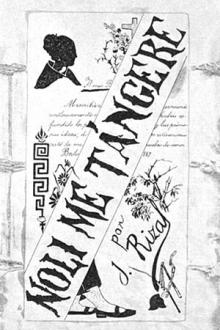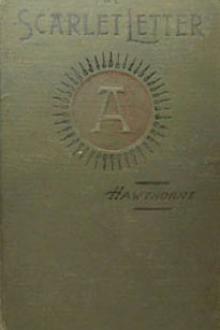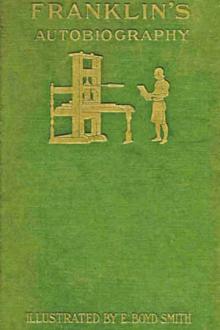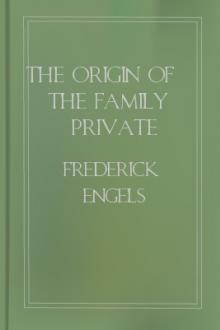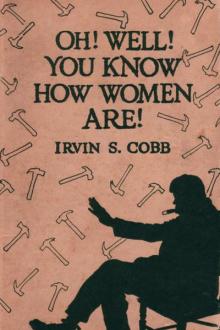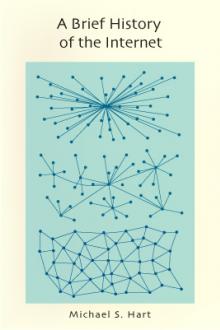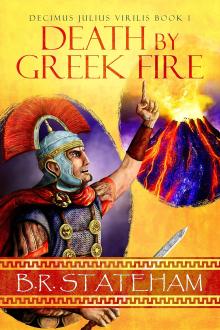''Colony,''--or ''Free State''? ''Dependence,''--or ''Just Connection''?
''Colony,''--or ''Free State''? ''Dependence,''--or ''Just Connection''?
An Essay Based on the Political Philosophy of the American Revolution, as Summarized in the Declaration of Independence, towards the Ascertainment of the Nature of the Political Relationship Between the American Union and Its Annexed Insular Regions; and, The Question of Terminology: An Address Containing the Substance of the Foregoing Essay, with some Additions. Delivered before the Section for the Study of the Government of Dependencies, of the American Political Science Association, at the Meeting held at Providence, December 29, 1906
Book Excerpt
were
nevertheless acting on the basis that such a law did exist and was
based on the proposition that all men are created unequal, or that
some are created equal and some unequal. The alleged superior was
sometimes a private citizen, sometimes a noble, sometimes a monarch,
sometimes a government, sometimes a state, sometimes a nation. The
inferior was said to be "dependent" upon the superior--that is,
related to him directly and without any connecting justiciary medium,
so that the will of the superior controlled the will and action of the
inferior. It was this alleged law of nature and of nations, based on
an alleged divine or self-evident right of inequality--an inequality
arising from creation--which was the basis of the British Declaratory
Act of 1766, which may perhaps be called "The Declaration of
Dependence." In that Act, the State of Great Britain declared, (basing
itself evidently upon the law of nature and of nations, since there
was no treaty,) that the American Colonies "have been, are, and of
ri
FREE EBOOKS AND DEALS
(view all)Popular books in Essays, History
Readers reviews
0.0
LoginSign up
Be the first to review this book
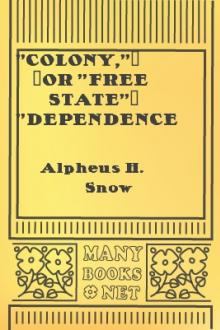
 Free Download
Free Download
